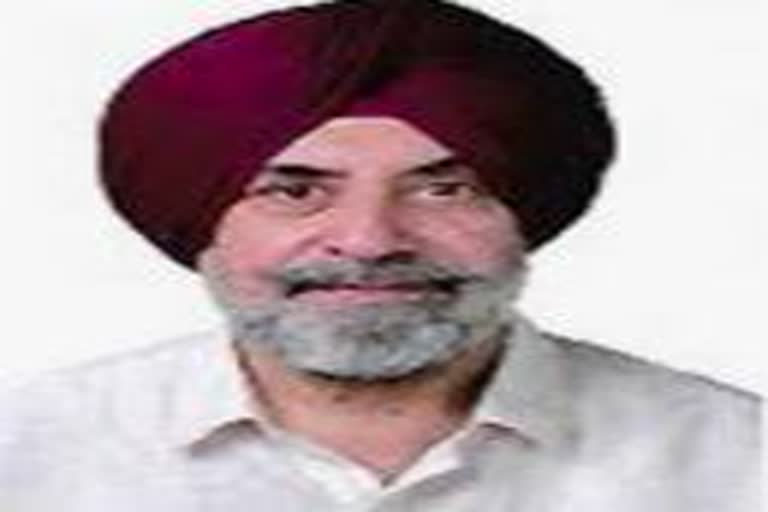Chandigarh : Stressing that despite all noise around the resurgence of the Khalistani movement, amplified by politicians before the recent Punjab Assembly elections, author and former IAS officer Ramesh Inder Singh, whose book 'Turmoil in Punjab, Before and After Bluestar: An Insider's Story' (HarperCollins Publishers India) recently hit the stands, says that what was witnessed during the darkest period of Punjab's history -- the days of militancy cannot really be attributed as the 'Khalistani movement'. "It always suits political forces to dub a movement as accessionist.
Even Bhinderwale never said that he wanted Khalistan, but had pointed if the government decided to give it, he would not have a problem. In fact, the killings of Nirankaris had started way back in 1978. The first non-Nirankari was killed only after Bhinderwale was arrested. Of course, this is not to say that there were no elements asking for a separate state -- some based abroad had started issuing fake passports and currency. The author took charge as Amritsar Deputy Commissioner on June 4, 1984, just two days before Operation Bluestar, later went on to become Punjab's Chief Secretary.
Adding that the more than 500-page book aims to present a complete view of the situation and beyond, considering much has been written on Operation Bluestar and what followed next. "My service code of conduct did not allow me to go public on these issues. Also, there were issues of the Official Secrecy Act too. So it is only now, after retirement, that I can talk about these. After an RTI in 2014, I started working on the book," the author tells IANS during a book signing event at Bahrisons in Chandigarh.
Also Read-'Khalistani terror groups recruiting youth in border districts of Punjab'
While Operation Bluestar is the central subject of the book of which he has given a stage-by-stage account, it also deals with the analysis of the information, how the operation unfolded and the ways in which militancy was tackled. "It is also about political parties and foreign interference. Part two of the book gives the reader a historical perspective on how and why radicalism erupted in Punjab. Sikhism is a religion which has its roots in Punjab, but at that time, the state was predominantly Hindu state.
We know about the mass exodus of Hindus and their targetted killings, although more Sikhs died during that time. I wanted to trace the history of the congruent communities in Punjab, their eventual parting of ways, and how that led to whatever happened in Punjab." Singh, who entered the Golden Temple during 'Operation Black Thunder 1', and along with others negotiated with the opposite party, feels that Operation Bluestar was not only ill-conceived but poorly executed too. "Now even the Army realises that. Several generals have openly spoken against it. Sadly, no serious attempt was made to negotiate even when there was an opportunity for dialogue," says the author, who took three years to write the book, spending time in different libraries for research. IANS



